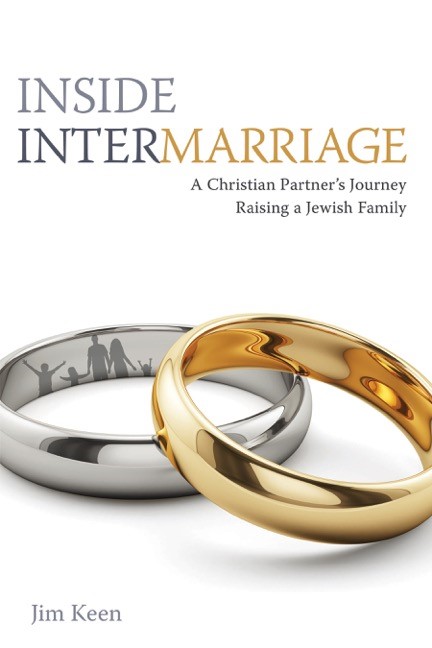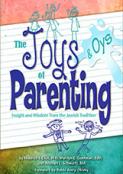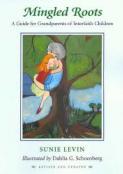- Home
- Play & Learn Home
- Online Enrichment
- Experience Modern Israel
- Israel It's Complicated
- Jewish and Me
- Jewish Holidays Jewish Values
- Jewish Values in Genesis and Jewish Values in Exodus
- Min Ha’aretz
- Our Place in the Universe
- Simply Seder
- The Prophets: Speaking Out for Justice
- Making T'filah Meaningful
- Make, Create, Celebrate
- Yom Haatzmaut Resources
- Hebrew Apps
- About The OLC
- What is the OLC?
- Introduction
- Get Started
- Resources
- OLC Content
- Parent Materials
- See My OLC Classes
- Store
Eggs and Plagues: How One Interfaith Family Navigates Easter/Passover Issues
Written by Behrman House Staff, 21 of March, 2017Inside Intermarriage is Jim Keen’s personal journey as the Christian partner in an interfaith marriage. From deciding to have a Jewish wedding, to raising his children Jewish, to learning about a new culture while maintaining his own religious identity, Keen candidly explores the challenges and opportunities and offers comfort and strategies to couples starting down a similar road.
The following is excerpted from the revised edition of Inside Intermarriage, due out later this year:
My wife and I each have fond memories of our holidays. For Bonnie, it’s matzah brei (eggs and unleavened bread fried up in a pan) and getting together with her cousins for Passover. For me, it’s Easter eggs and Disney World for spring break with my family. To this day, just the smell of vinegar (used in the dye) reminds me of the brightly colored eggs that the Easter Bunny hid for us. Like Christmas and Hanukkah, Easter and Passover can also evoke strong emotions in interfaith families.
Instead of letting these feelings be a source of strife for us, we decided to make them a springboard for embarking on a whole new set of experiences. We did not want to deny one of us our traditions by trying to pick which holiday would be celebrated in our household. As with our December dilemma, Bonnie and I decided that we would each “help” the other celebrate his or her holiday. We do this for other holidays. In that respect, Easter and Passover are no different.
One of the most important aspects of these two holidays, for both of us, is being with our families. My wife must be with her family for Passover or it just isn’t the same. The big gathering of her parents, aunt, uncle, and cousins (and now their kids) is an annual happy occasion—even if it reaches the decibel level of a 747. We all get together in Boston for at least one of the two seders. We learn about Moses and the Pharaoh, the Ten Plagues, and the significance of the Passover food. There’s lots of singing and lots to eat. (The food is delicious, but too much matzah gives me lead-belly.)
For my family, on Easter it is also important to be together. As kids, my brother, sister, and I used to dye Easter eggs on Saturday night. The morning of Easter Sunday, we’d wake up and scurry around the house looking for hidden eggs to put in our Easter baskets. As we grew older, we started to spend our spring-break vacation in Disney World. Because this break always occurred over Good Friday and Easter, it became a tradition to enjoy our holiday with Mickey. Today, my whole family, nuclear and extended, makes the trip to Florida. Like my wife and her side of the family, it just wouldn’t feel right spending my holiday any other way.
The religious aspects of Easter and Passover are not to be ignored. Bonnie usually accompanies me to the Easter church service. I once asked her if all the talk of Jesus made her feel uncomfortable. She replied that as foreign as it was, she still viewed it as an educational experience. She said that going to church with me gave her an opportunity to learn more about my faith and background.
Over the years, I’ve gotten to know the different prayers, songs, and symbolisms of Passover. I’ve found that I can make the holiday as easy or as difficult as I want it to be. I’ve chosen to make it an experience from which I can absorb a lot about my wife’s religion. As we learn more about each other’s holidays, we, as parents, are better prepared to impart to our children the meaning of Dad’s Easter and the traditions of their own Passover.



